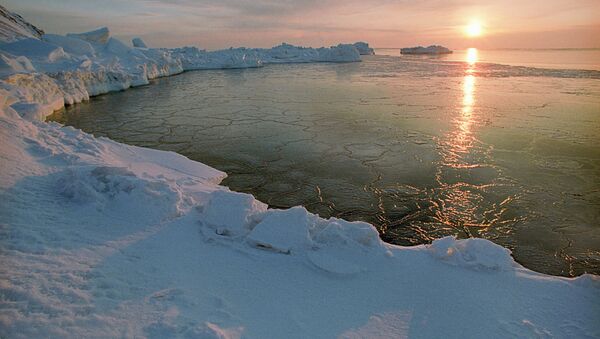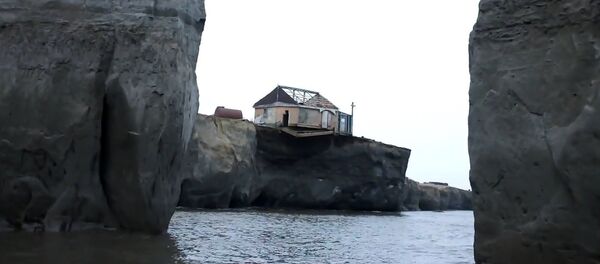"It is… clear that the pledges given at COP21 will not be sufficient to stop the ongoing climate change processes in the Arctic. Recent climate modelling shows that more stringent commitments are therefore needed," Martin Forsius from the Arctic Monitoring and Assessment Programme (AMAP) said.
The AMAP chair urged for more emission reductions, adding that reaching the COP21 target of keeping the change in global temperature below 1.5 degrees Celsius (2.7 Fahrenheit) would be harder to achieve the longer additional reductions are postponed.
"The AMAP scientists will also make a detailed assessment on what the COP21 agreement means for the changes in the Arctic cryosphere. These results will be reported at the Ministerial meeting of the Arctic Council in 2017," Forsius said.
On December 12, 2015, nearly 200 negotiators agreed to curb emissions beyond 2020 and fuel the transition toward a clean energy world economy after two weeks of tough negotiations marked by disagreement between developed and developing countries. Temperatures in the Arctic are rising faster than the global average due to the polar amplification effect.
The AMAP is a working group of the Arctic Council, which coordinates the activities of the eight Arctic states, namely Russia, Canada, Denmark, Finland, Iceland, Norway, Sweden and the United States. The working group aims to provide information on the condition of the Arctic environment and the amount of contaminants present, as well as advise Arctic Council members on remedial and preventative actions.




